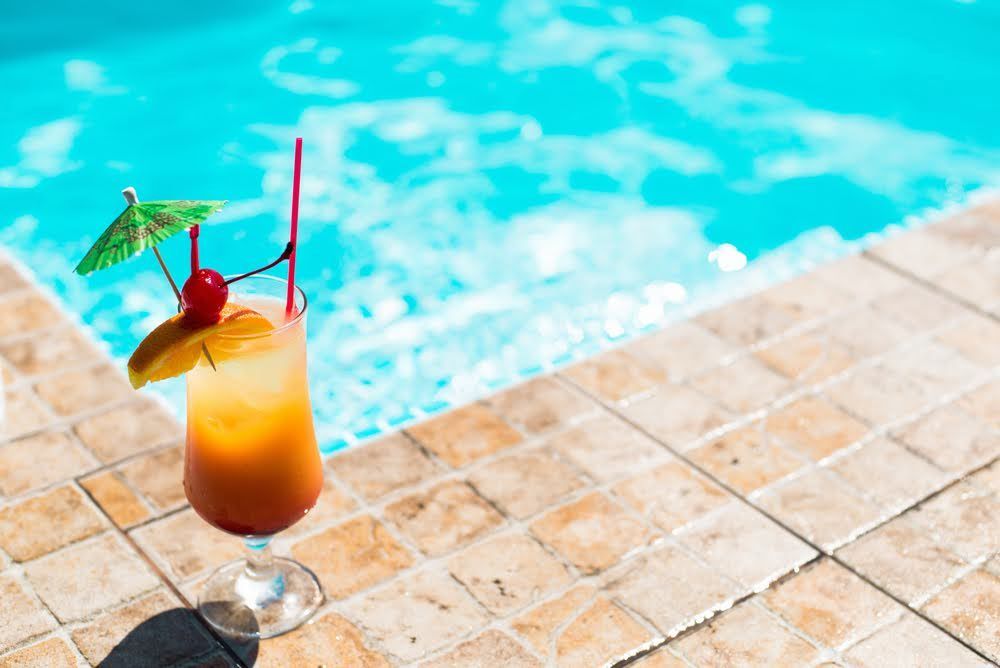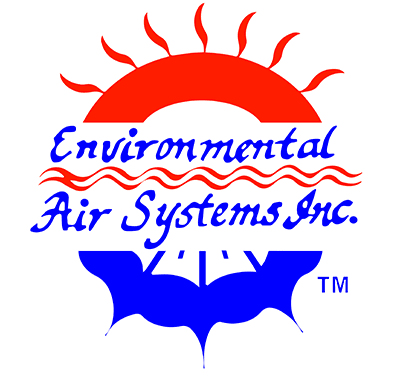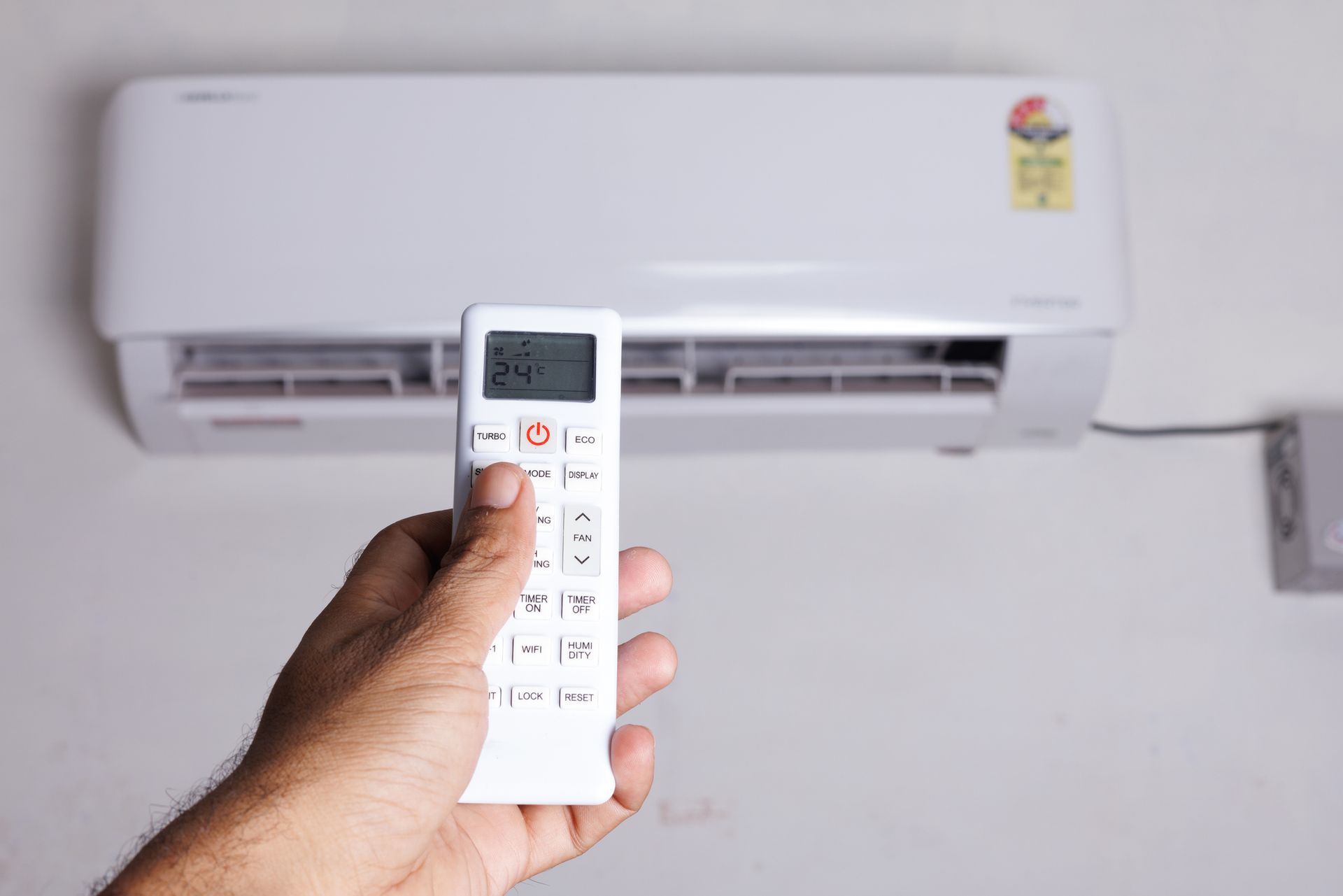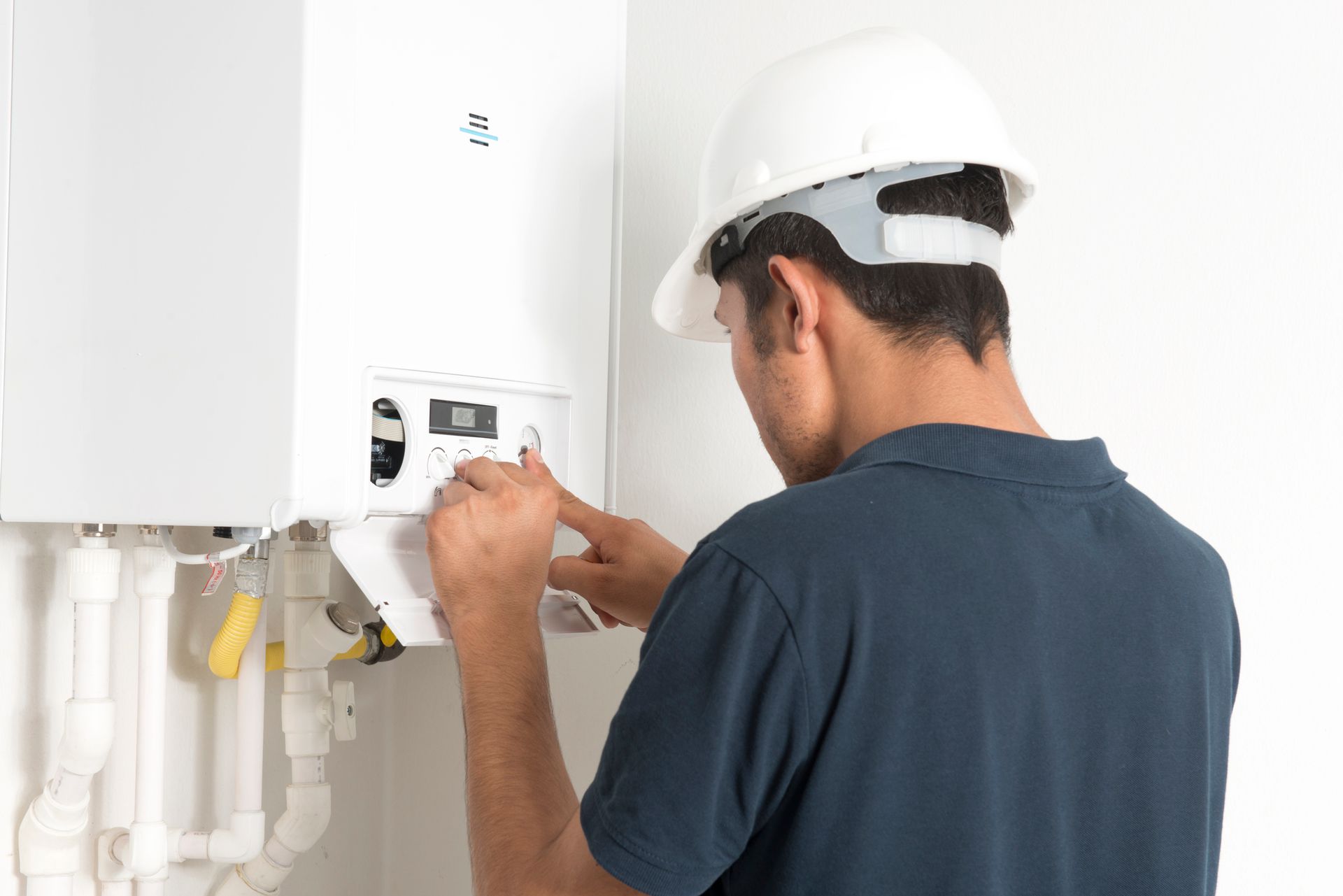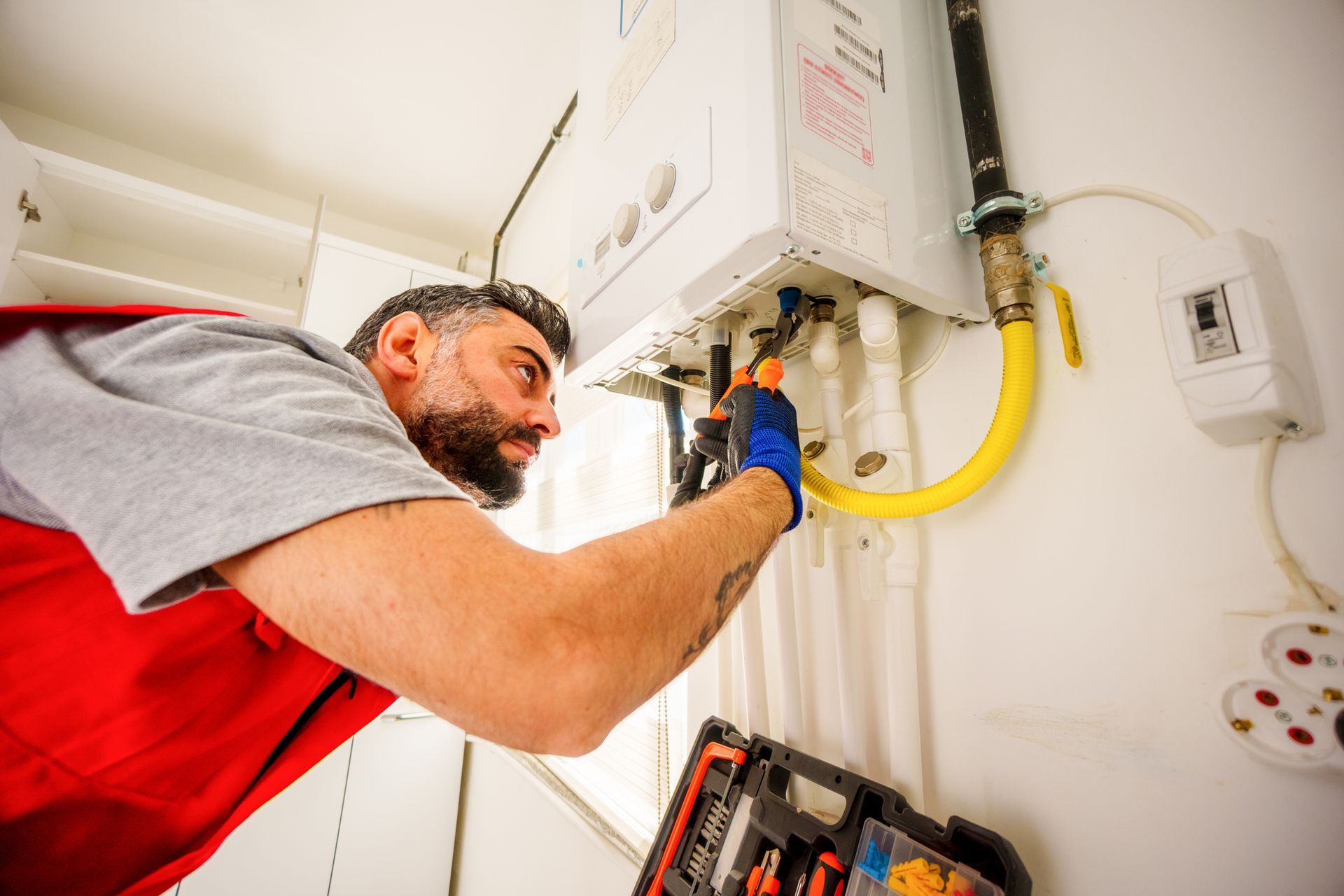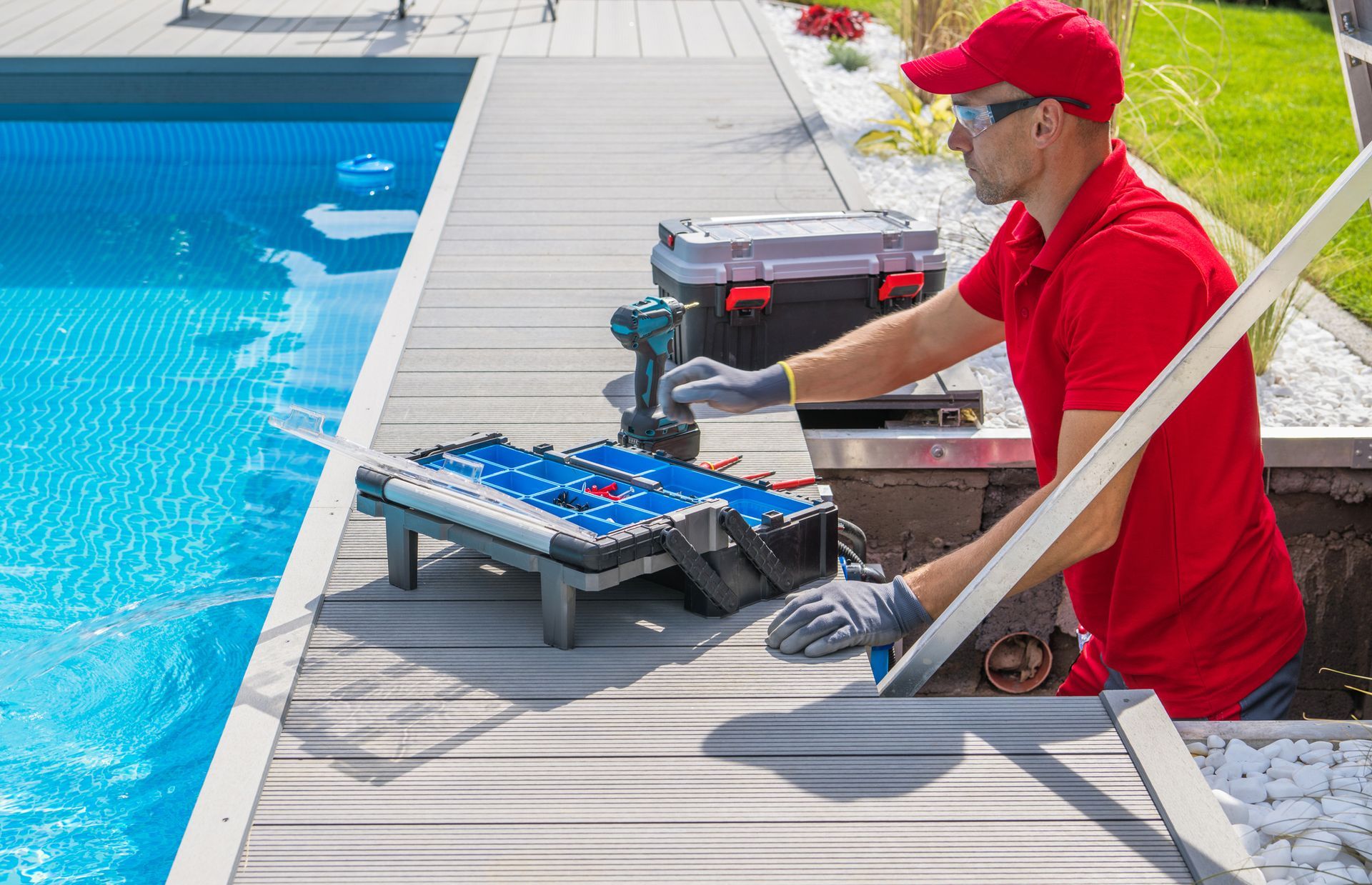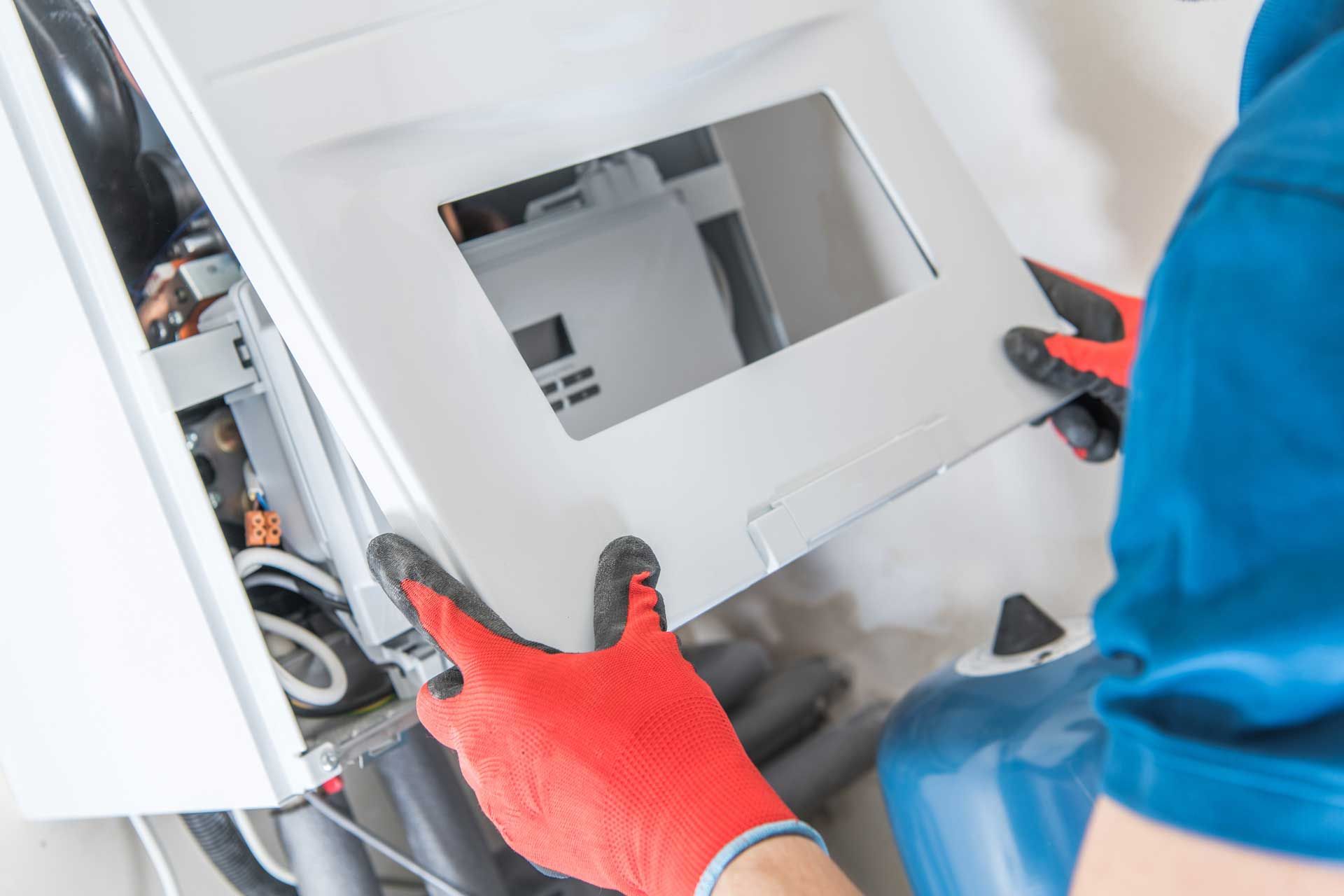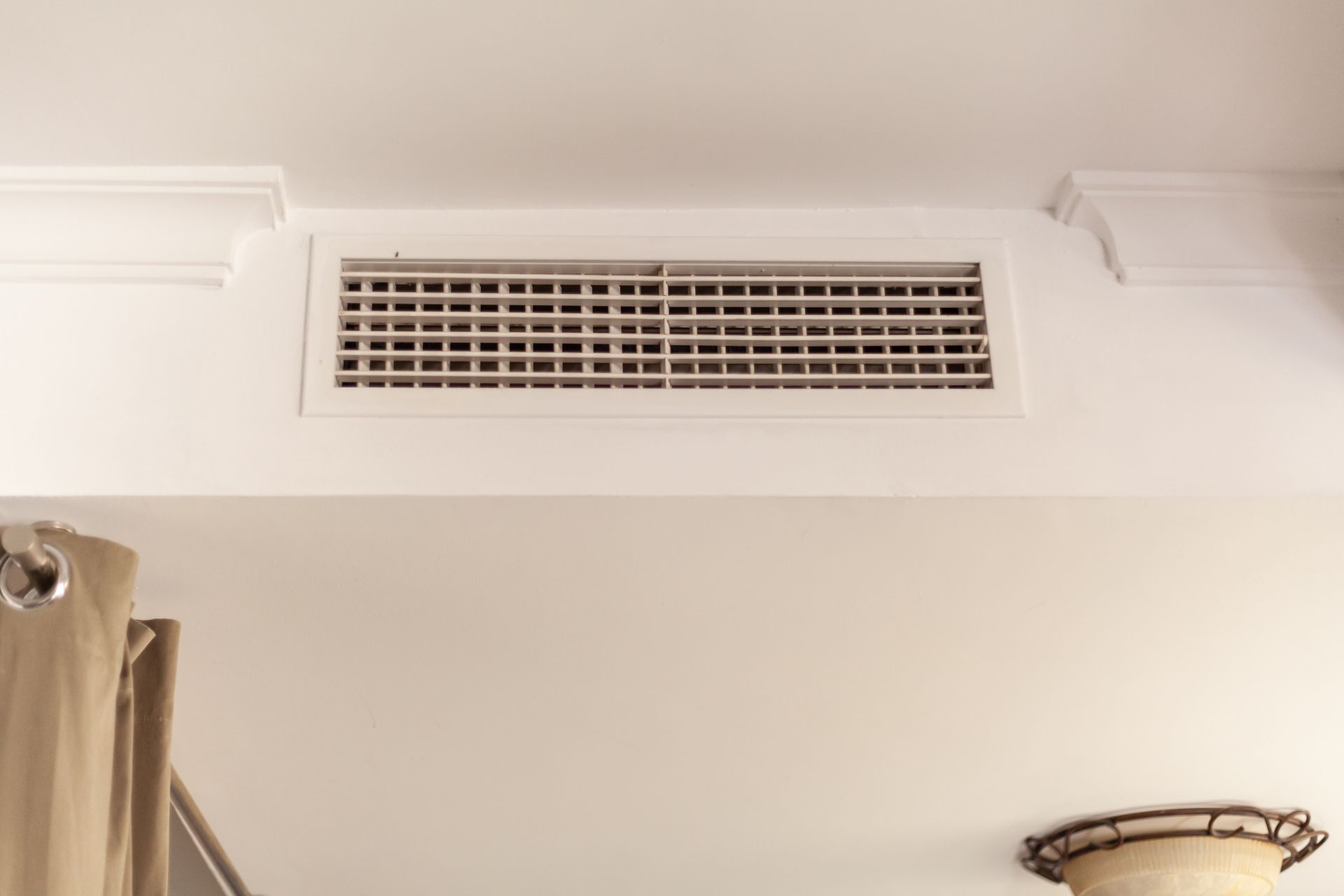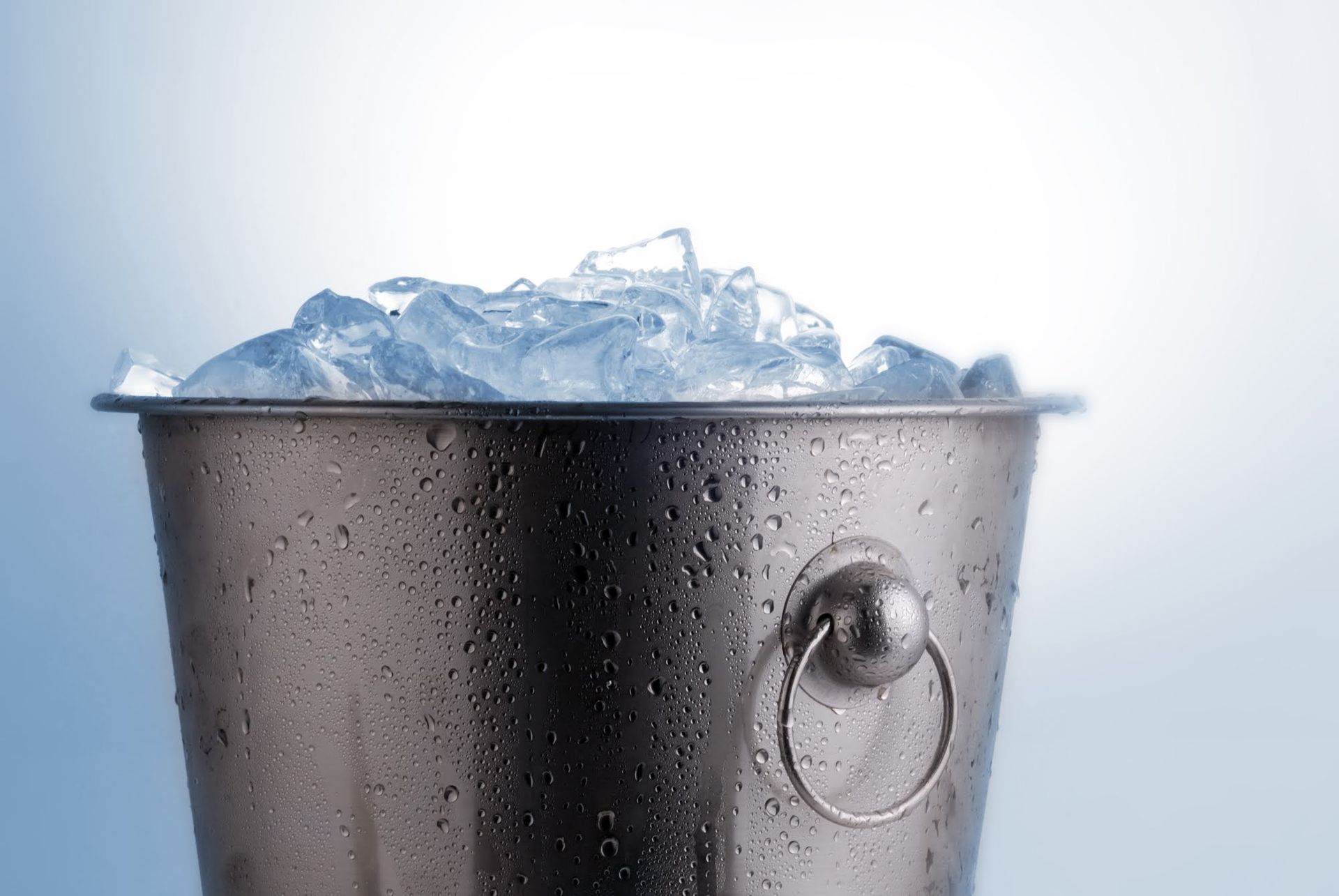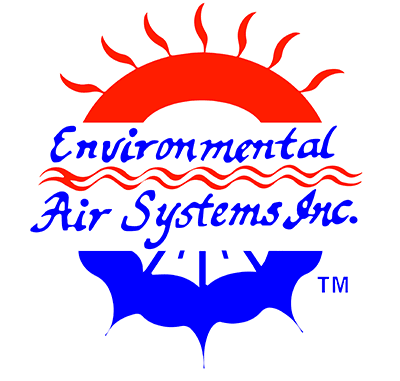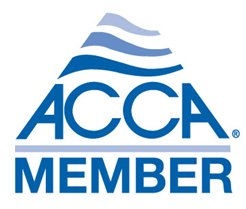A Quick Guide to Air Filters and Choosing the Right One
The air filter contributes greatly to a healthier living and/or working environment and protects your air-conditioning equipment! When the A/C’s indoor fan is running, it is pulling room air in, removing heat and humidity, and blowing the conditioned air out. So, any particulates, including bacteria, viruses, mold, dust, and dander circulate with the air too. That means your air filter is in the ideal place to help you get rid of most or all of those nasties.
What Do AC Air Filters Do?
An air filter is generally made from pleated fiber or spun fiberglass material. Your AC system pulls air through the filter, which traps contaminants like dust, pollen, pet dander, mold spores, and lint to improve air quality and keeps the indoor A/C coils clean. A clean coil means better air circulation and more efficient heat and humidity removal!
But, over time, the air filter builds up a layer of these pollutants, blocking airflow. Your AC system struggles to pull air past the dirty filter and consumes more energy than before to circulate air in your home. The result is higher energy bills and reduced air quality. Worse, this can result in a system shut down or worse!
Therefore, you need to change your air filter regularly! The frequency of filter changes depends on how many pets you have, the air quality in your locality, and any breathing conditions among your household members. This must be monitored at least long enough to “dial in” how often you should change those filters. And then – Do it!!
Types of Air Filters
Air filters vary by size, type, density, material, and efficiency.
Let’s start with the rating system for air-filters, called “MERV”. “MERV” is an acronym that stands for the air filter’s “Minimum Efficiency Reporting Value”. In other words, how efficient is a particular filter at taking particles out of the air. The higher the number, the smaller the particles that are taken out of the air. Dust balls are bigger than allergens, which are bigger than bacteria. So, the higher the MERV number of your filter, the more protected you are. Basic filters usually have a MERV range of 4 to 8. Medical facilities have “HEPA filters, which are approximate a MERV of 20. MERV 11 to 13 are our general choices for most homes and businesses. MERV 13 will do a better job because they can trap many smaller allergens, virus carriers, bacteria, and smoke.
How do you choose?
Before we go there – just know that there is a balance. The higher the MERV, the denser the filter. This means that the indoor fan will have to work a bit harder with especially high MERV air filters. Most can handle it, but it is important to discuss it with one of our experts. Also, higher MERV means higher costs. The filters can get more expensive. The trade off – cleaner healthier air.
First Consideration:
Do you have allergies or another medical condition that requires better air filtration? This is the primary reason that people “up their game” when choosing air filters. The more severe the medical challenge, the higher the MERV should be.
Fiberglass Filters
Fiberglass filters are affordable and widely available, making them popular among homeowners. However, these filters are impractical for people with allergies and respiratory issues as they don't trap small particles. You also need to replace fiberglass filters often, as they quickly get clogged.
Pleated Filters
Pleated filters are similar to fiberglass models but use cotton or polyester cloth for filtration. Manufacturers arrange the fabric into folds that increase the surface area for filtering. The pleats make these filters more effective in trapping contaminants than fiberglass filters, which makes them great for homeowners concerned about indoor air quality.
HEPA Filters
HEPA filters are your best bet in removing harmful contaminants from the air circulation. The filters extract 99.97% of dust, mold spores, pet dander, bacteria, and airborne particles. These filters suit people with severe allergies and respiratory illnesses. While HEPA filters are more expensive than pleated and fiberglass models, you replace them every few years and enjoy long-term savings.
Should I install an Air-Scrubber with my air-filter?
An air-scrubber adds a much higher level of protection and can be used in conjunction with a good air filter. The best units are installed in your ductwork and feature a high intensity UV-C light that has oxidizing and ionizing properties that can kill germs, viruses, mold, etc. while causing dust and dander particles to bond together. This allows the air filter to capture more than that would otherwise. Ask one of our experts for more details.
Bottom line: Changing your AC air filter is the first important step in preparing your home or business for summer. The next step is to contact our AC experts at Environmental Air Systems, Inc., to service and repair your system to help you beat the summer heat.
